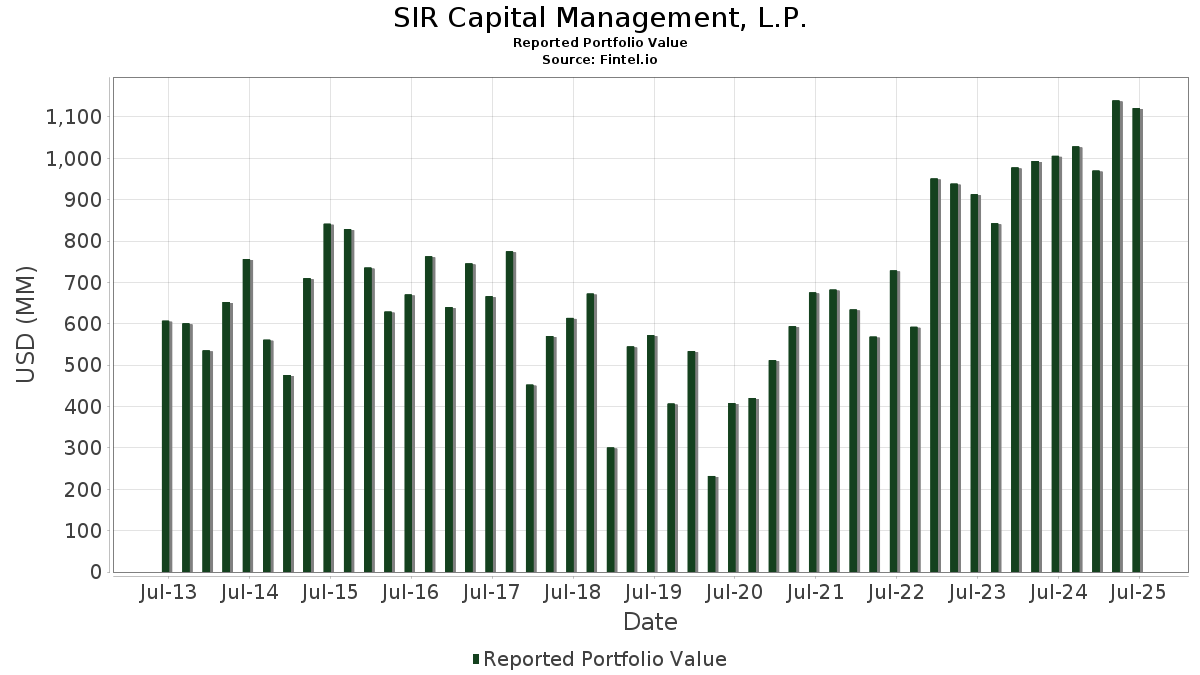The Evolution of Institutional Investment Services
Institutional investment management has undergone significant transformation in recent decades, driven by technological advancement, regulatory changes, and evolving client expectations. Today's institutional investors demand sophisticated solutions that address complex challenges including liability matching, ESG integration, and alternative investment access.
Modern institutional services encompass comprehensive portfolio construction, advanced risk management frameworks, and customized reporting solutions. Investment professionals leverage cutting-edge technology platforms to provide real-time portfolio monitoring, performance attribution analysis, and scenario modeling capabilities. This technological integration enables more informed decision-making and enhanced transparency throughout the investment process.
Furthermore, institutional investment services now incorporate specialized expertise in areas such as private equity, hedge funds, real estate investment trusts, and infrastructure investments. These alternative asset classes provide diversification benefits and potential for enhanced returns, particularly in low-yield environments where traditional fixed-income investments may not meet return objectives.




